Some books hit you at the right time. Others you have to bleed through before you realize they were speaking your language all along. In 2025, the startup world has finally settled on a core reading list. One shaped not by trends, but by trials. These books aren’t just about theory. They’re battle-tested. Scar-tissued. And if you’re building something that keeps you up at 3 a.m., chances are one of these has already been thrown across your room and picked back up.
Why Founders Keep Coming Back to These
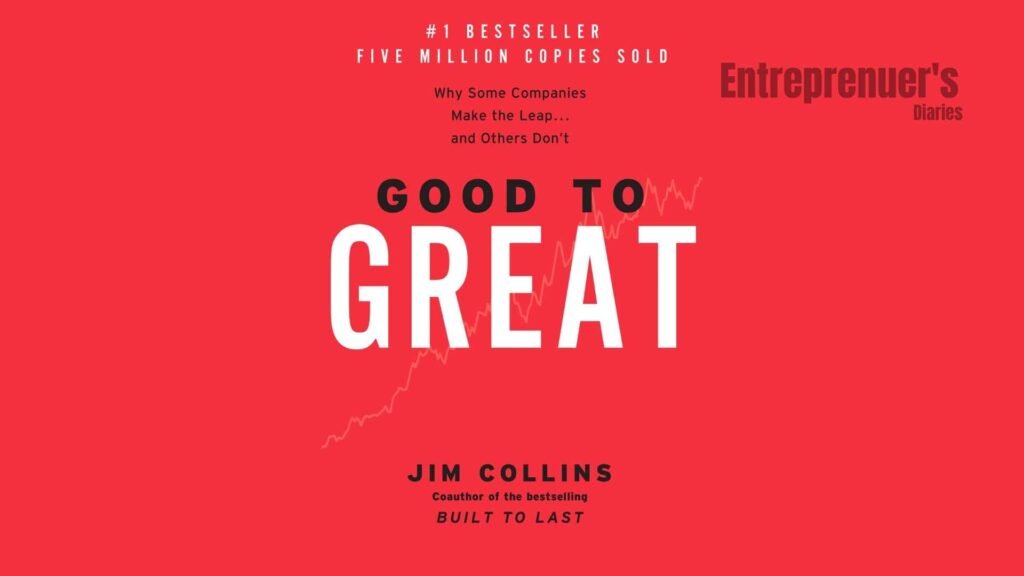
Let’s start with Good to Great by Jim Collins. Everyone quotes it. Few internalize it. But Ken Griffin, founder of Citadel, is doubling down this year. His reminder: if you’re not reading about leadership, you probably shouldn’t be in charge. “First Who, Then What” isn’t just a catchy line. It’s a wake-up call. Your strategy’s worthless if you’ve hired the wrong people.
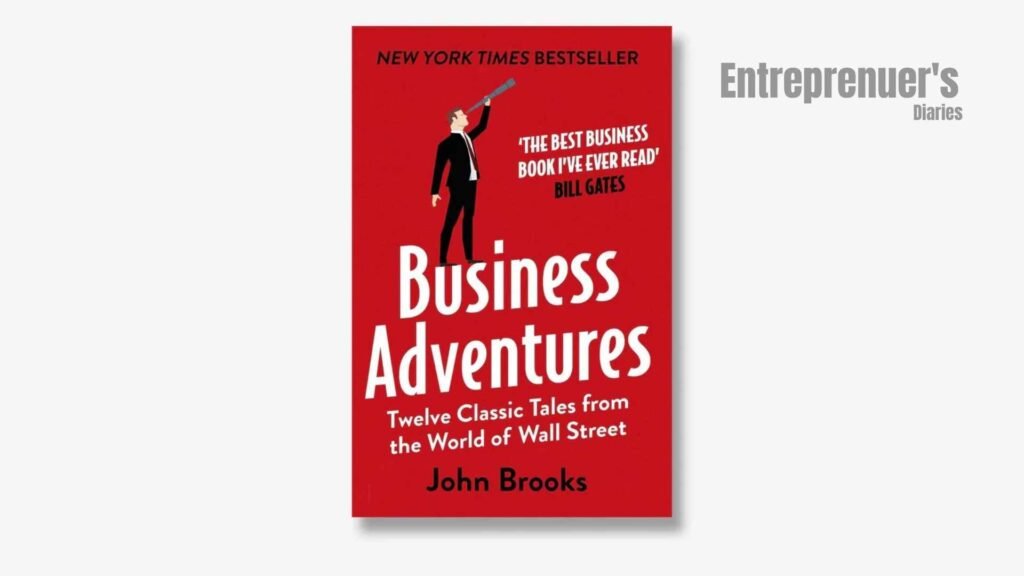
Then there’s Business Adventures by John Brooks. Buffett swears by it. Gates calls it the best business book ever written. That’s not nostalgia. That’s pattern recognition. Every founder who’s flopped a launch or botched a partnership finds something eerily familiar in those old Wall Street tales. It’s not new tech that makes the lessons timeless. It’s human nature.
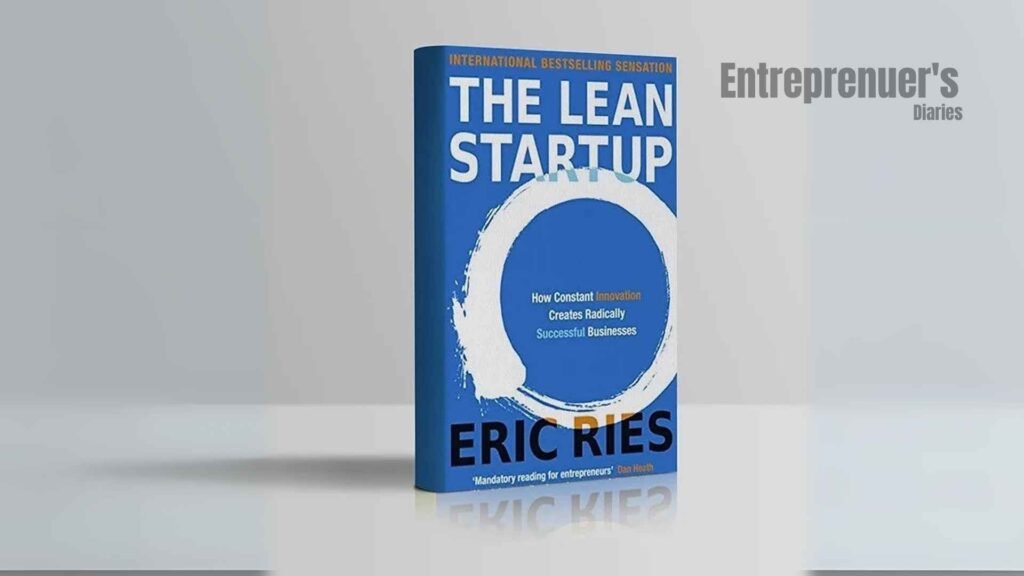
And if you’re starting something today and haven’t read The Lean Startup, you’re either too arrogant or too green. Eric Ries wrote it for people who hate wasting time. Reid Hoffman credits it with shaping modern venture thinking. MVPs. Feedback loops. Data before ego. It’s not revolutionary anymore. It’s baseline literacy.
What Real Operators Actually Recommend
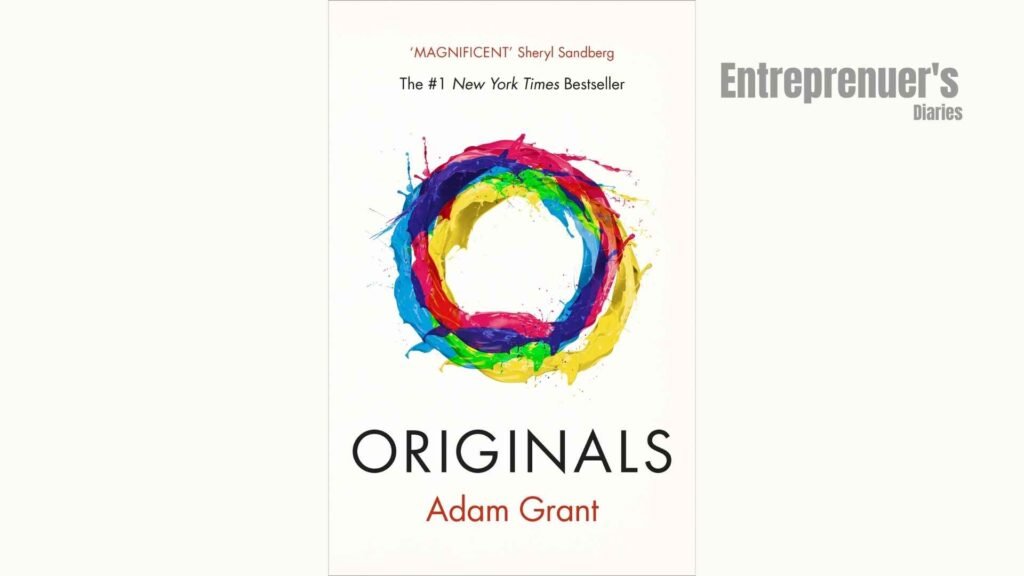
Whitney Wolfe Herd (yes, Bumble) is backing Originals by Adam Grant. Her message is simple: if you’re not thinking differently, you’re already behind. It’s not about gimmicks or being weird for the sake of it. It’s about recognizing when the obvious answer isn’t the right one.
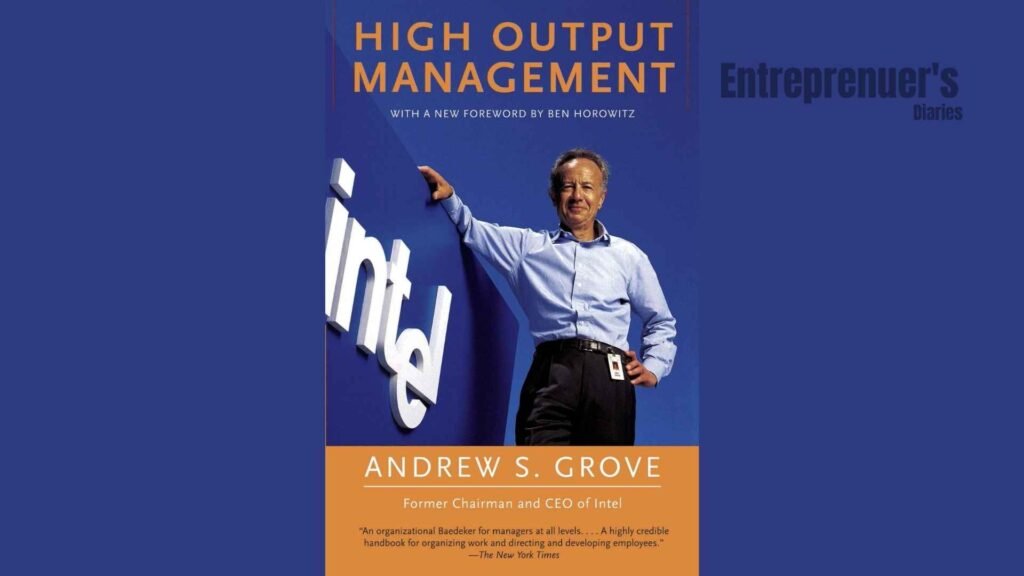
Andy Grove‘s High Output Management is another one that hits harder once you’re in it. Brian Chesky of Airbnb calls it his go-to. The book doesn’t coddle. It forces you to confront whether your meetings suck, whether your metrics mean anything, whether your team even knows what they’re building. It’s pure utility. No fluff.
The Old Stuff That Still Teaches New Tricks
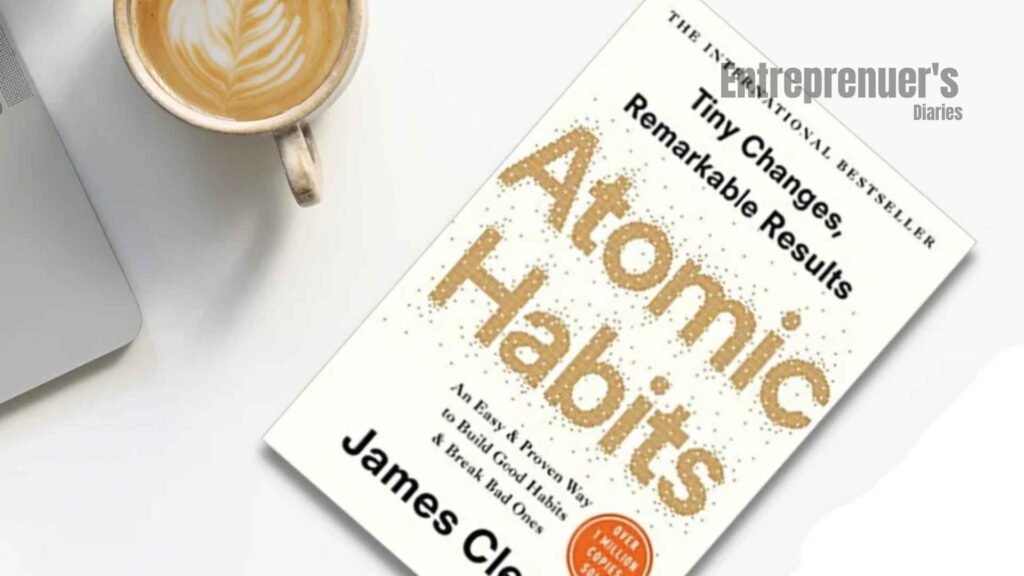
You’d think books like Atomic Habits would fade once the hype train passes. But no. James Clear keeps selling because founders are overwhelmed and exhausted. His system? Simple. Change the system, not just the goal. If you’re burning out, this one helps you get your edge back.
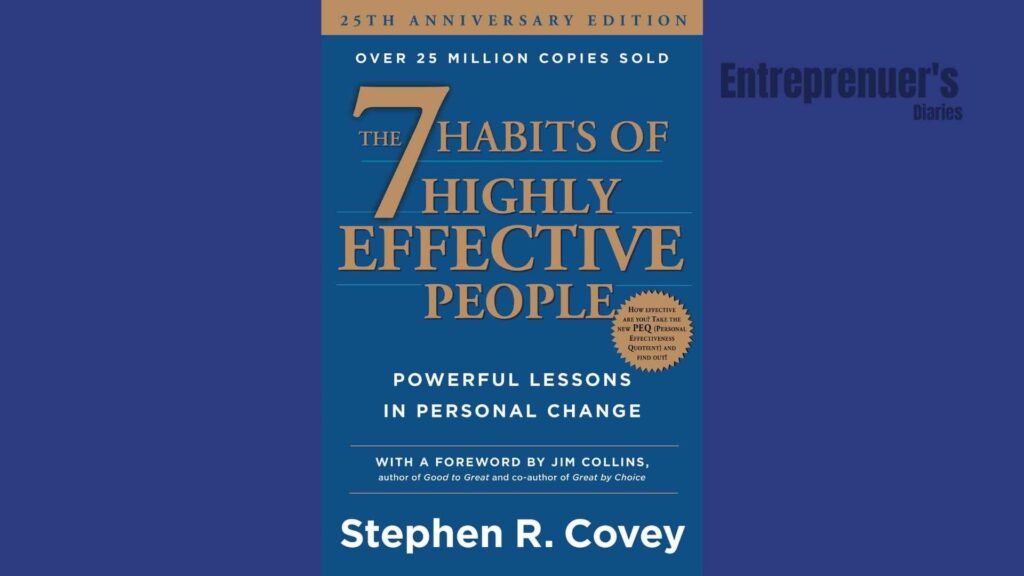
The 7 Habits of Highly Effective People is older than most of Gen Z, but Stephen Covey built something that still forces real reflection. Are you proactive? Are you reactive? Are you just pretending to have a plan?
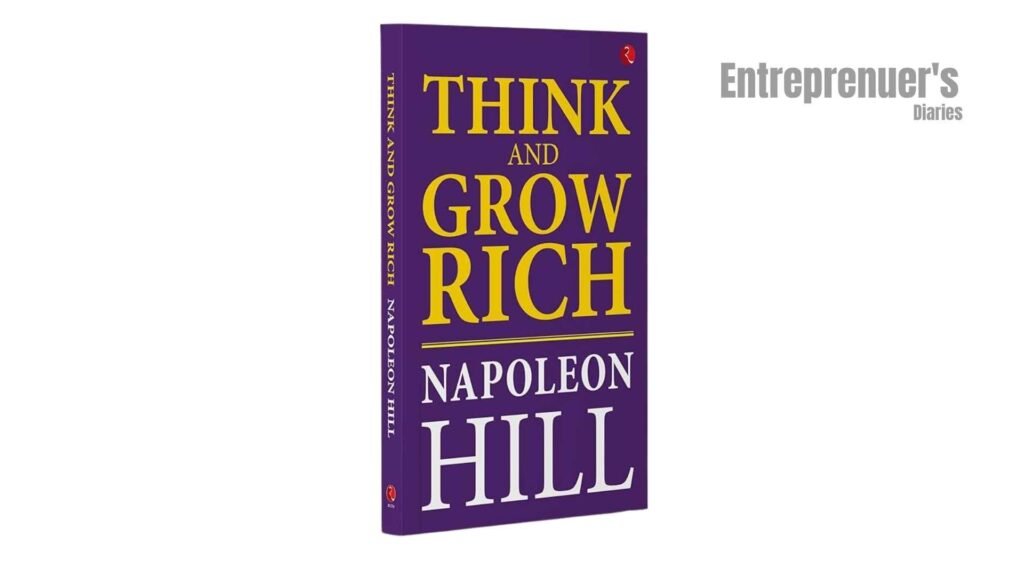
Same goes for Think and Grow Rich by Napoleon Hill. Some parts feel like snake oil, sure. But its value isn’t in tactics. It’s in mindset. If you’re not self-directed, you’re dead in the water.
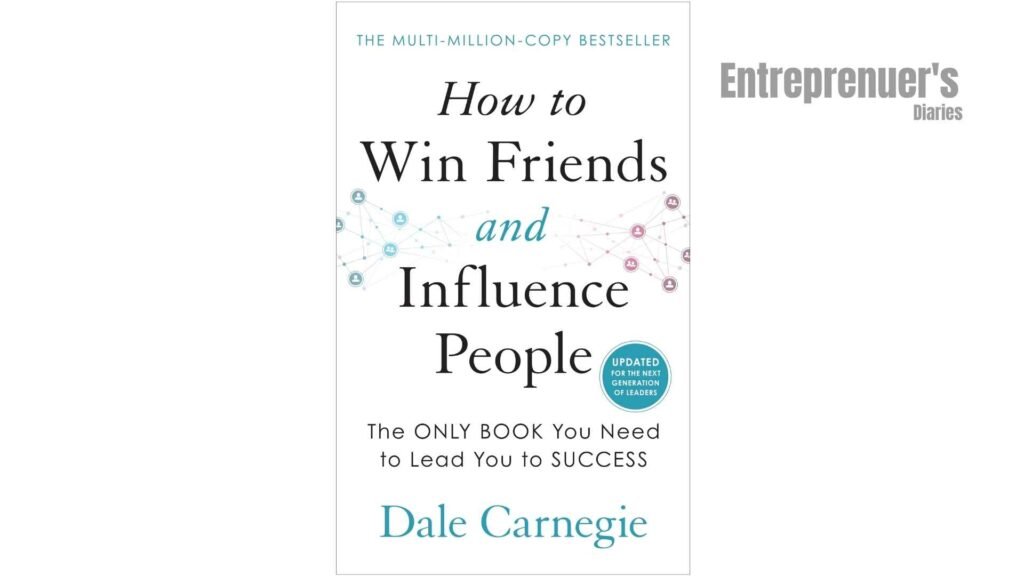
And Dale Carnegie? Still relevant. How to Win Friends and Influence People might be close to a hundred years old, but anyone who’s pitched without understanding interpersonal psychology knows how fast charisma can close or kill a deal.
When It’s Time to Rethink the Game
The next tier isn’t just about self-improvement. It’s about building companies that don’t drown in their own growth.
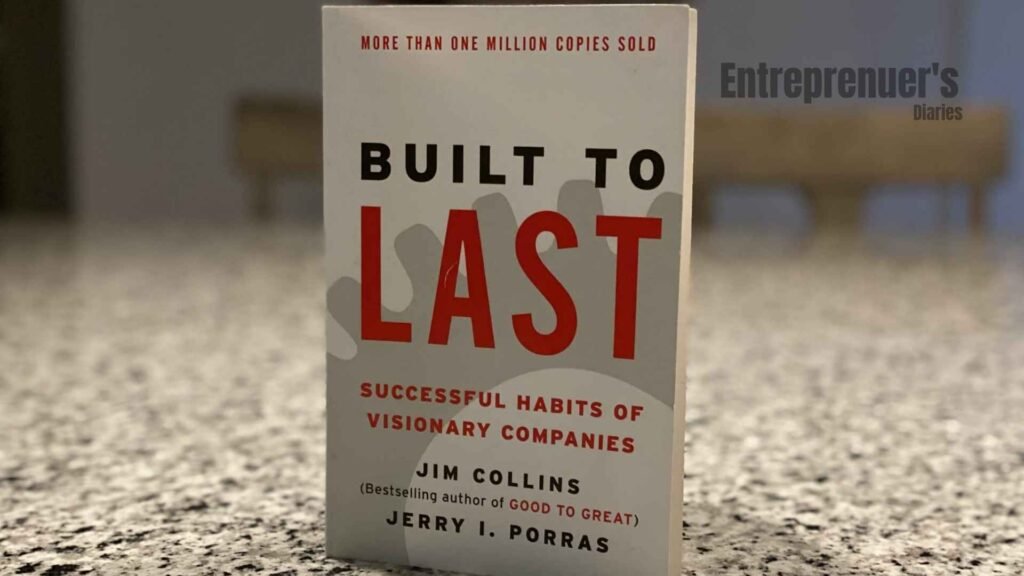
Built to Last is another Jim Collins creation, written with Jerry Porras. It’s not sexy. No step-by-step growth hacks. But if you’re trying to build a company that survives past Series B, this book shows what culture, values, and long-game thinking actually look like.
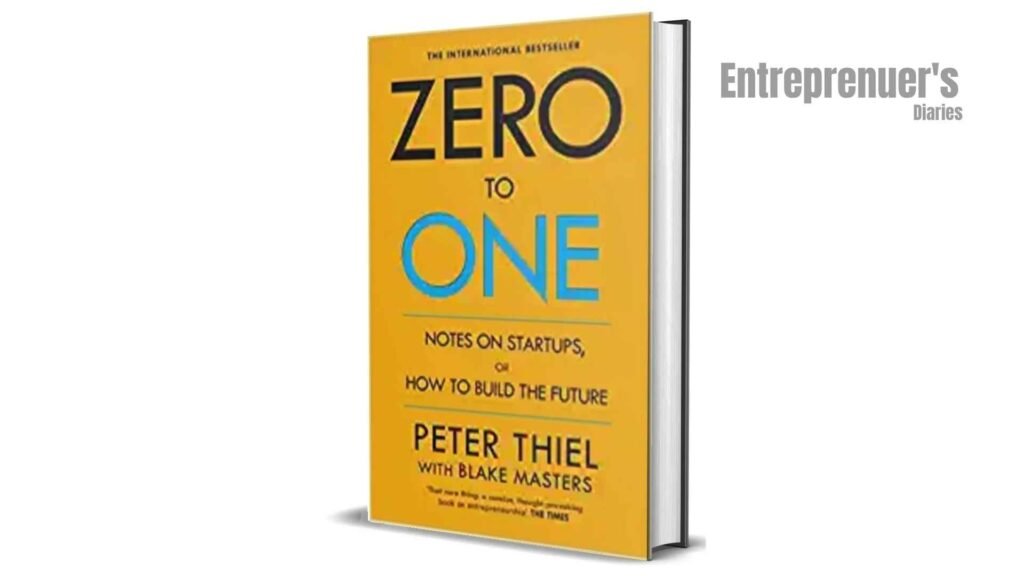
Zero to One by Peter Thiel and Blake Masters? That one’s divisive. But essential. It doesn’t spoon-feed. It dares you to be intellectually aggressive. If you’re chasing the next Uber instead of creating your own category, Thiel’s not impressed. Neither are smart investors.
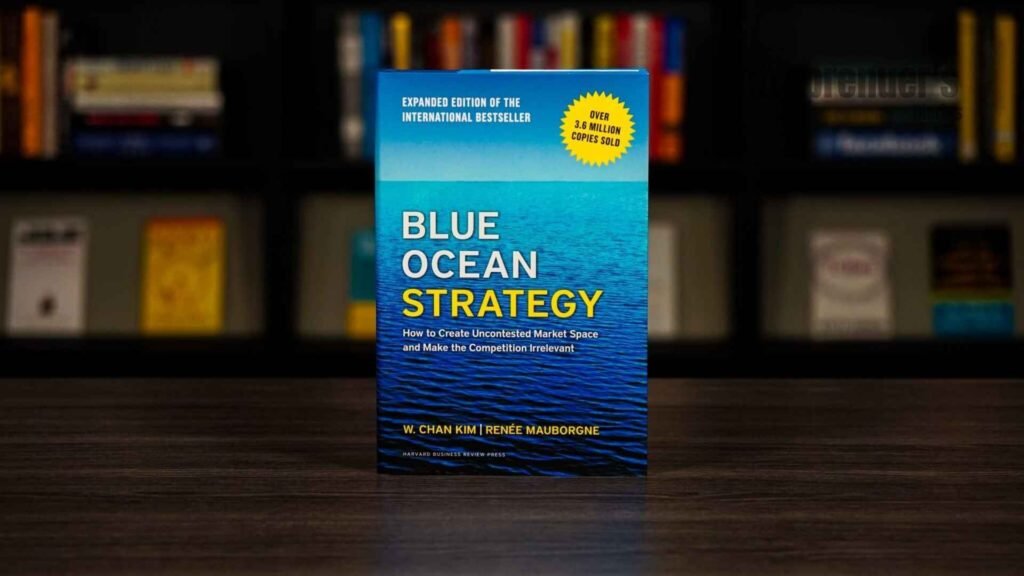
Then there’s Blue Ocean Strategy by W. Chan Kim and Renée Mauborgne. It’s back in rotation because people are sick of crowded markets. The central thesis? If you’re in a fight, you’ve already lost. Go build something no one else is even thinking about.
Books That Founders Whisper to Each Other
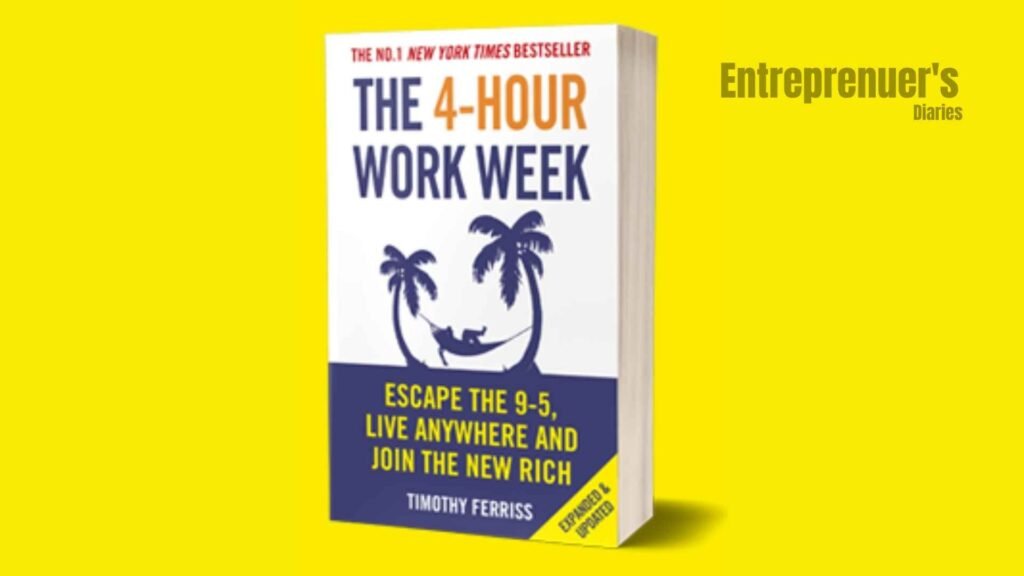
Some books never hit bestseller lists, but they’re passed around like contraband in founder groups. The Four-Hour Workweek by Tim Ferriss is still on every digital nomad’s shelf, sure. But for real entrepreneurs? It’s a challenge: what if you’re overcomplicating everything?
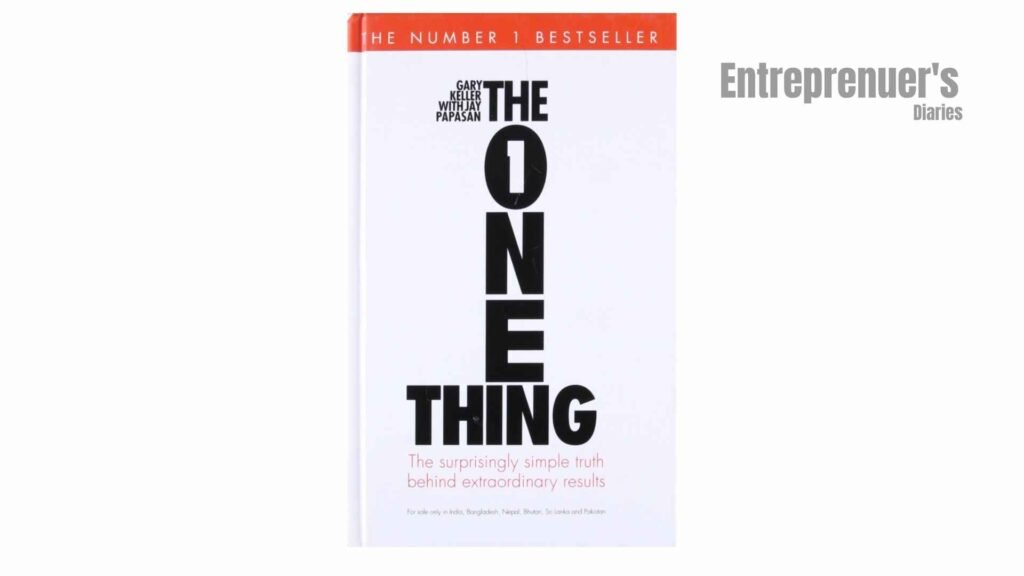
The One Thing by Gary Keller and Jay Papasan sounds simple. It’s brutal in practice. Focus on one thing. Everything else is a distraction. Most of us know it’s true. Few of us do it.
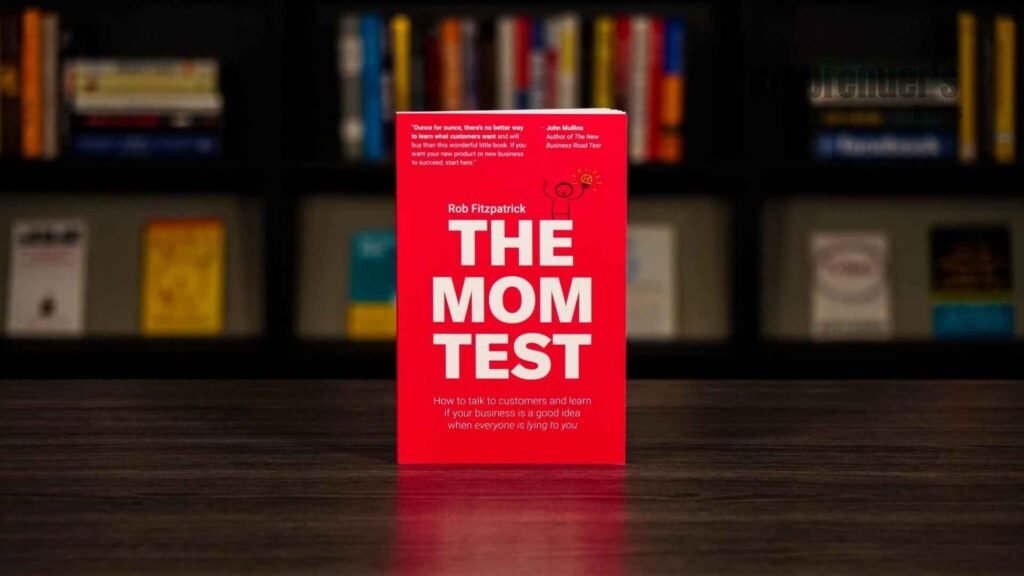
And The Mom Test by Rob Fitzpatrick? Every founder who’s ever gotten false validation from polite friends needs to read it. If you’re pitching to people who don’t pay, you’re just playing house.
What the Community Actually Cares About
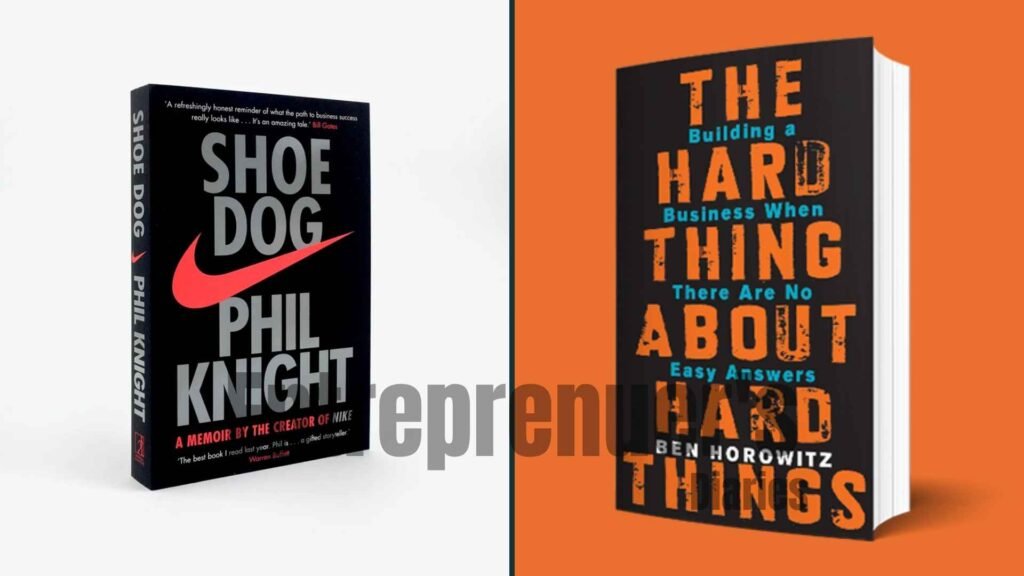
Look at any r/startups thread or founder Slack group. You’ll see books like Shoe Dog, Start with Why, and The Hard Thing About Hard Things popping up. These are books for people in the trenches. They’re not about theory. They’re about surviving your own ambition.
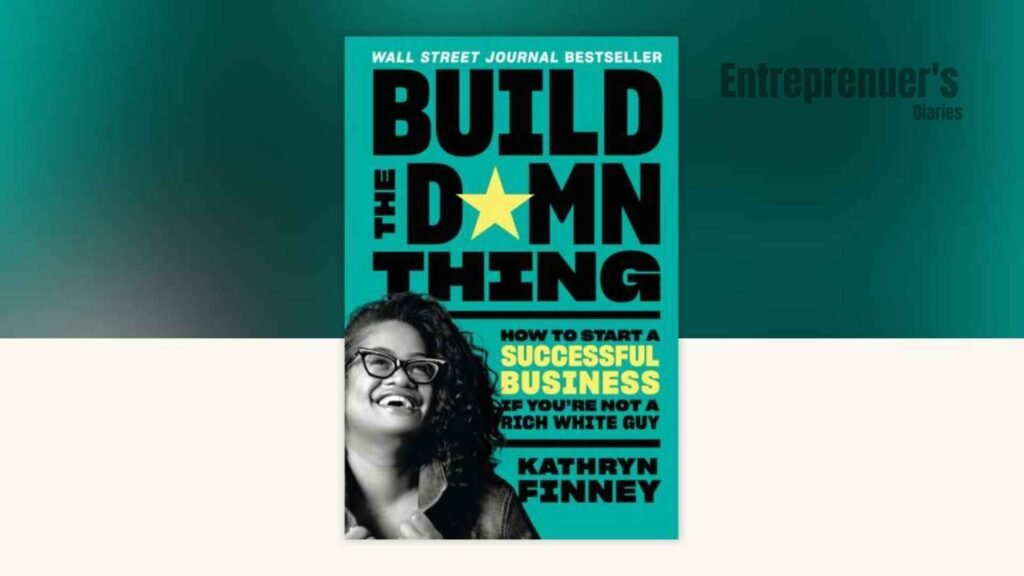
The U.S. Chamber of Commerce’s 2025 list added some fresh, necessary perspectives. Build the Damn Thing by Kathryn Finney is a straight-up guide for underestimated founders trying to build through systems not built for them. Burn Rate by Andy Dunn? It’s a memoir with raw insight on mental health, pressure, and what scaling really costs.
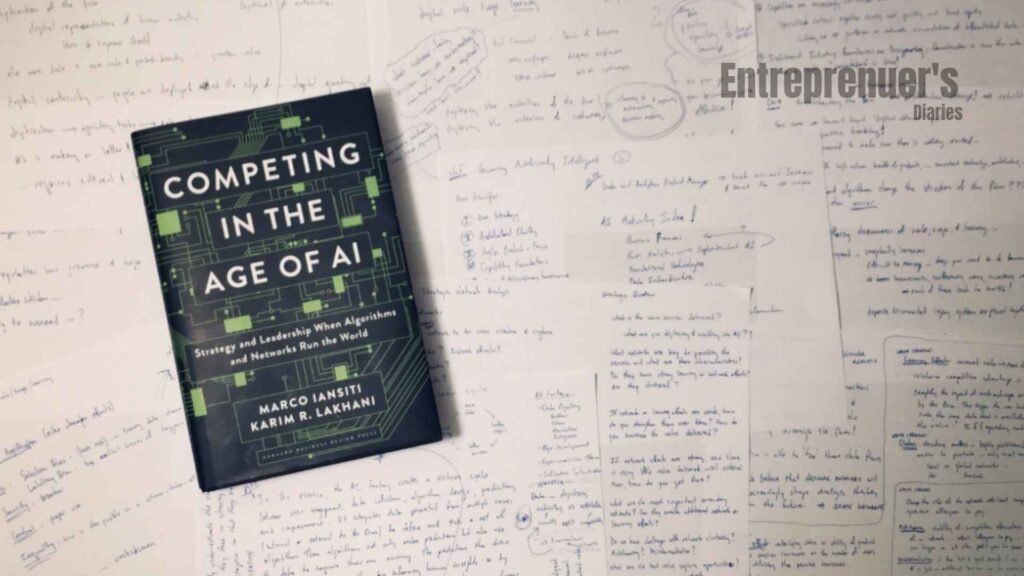
And for anyone still chasing AI headlines, Competing in the Age of AI by Iansiti and Lakhani is the rare book that actually unpacks strategy instead of inflating hype. It tells you how to structure teams, data pipelines, and leadership around the inevitable.
Read What You Bleed
You don’t have to finish every book. Hell, you might hate some of them. That’s fine. But if you’re building something real. Something that’s chewing through your weekends and making your relationships fragile. You need to read. Not for fun. For survival.
These books weren’t written for tourists. They’re written for builders.
Connect With Us On Social Media [ Facebook | Instagram | Twitter | LinkedIn ] To Get Real-Time Updates On The Market. Entrepreneurs Diaries Is Now Available On Telegram. Join Our Telegram Channel To Get Instant Updates.
Disclaimer: This article may contain affiliate links. If you buy through them, we may earn a small commission at no extra cost to you. We only recommend what founders are actually reading.
Nina is a researcher and culture curator from NYC who spotlights transformational books, podcasts, and ideas for entrepreneurs.






